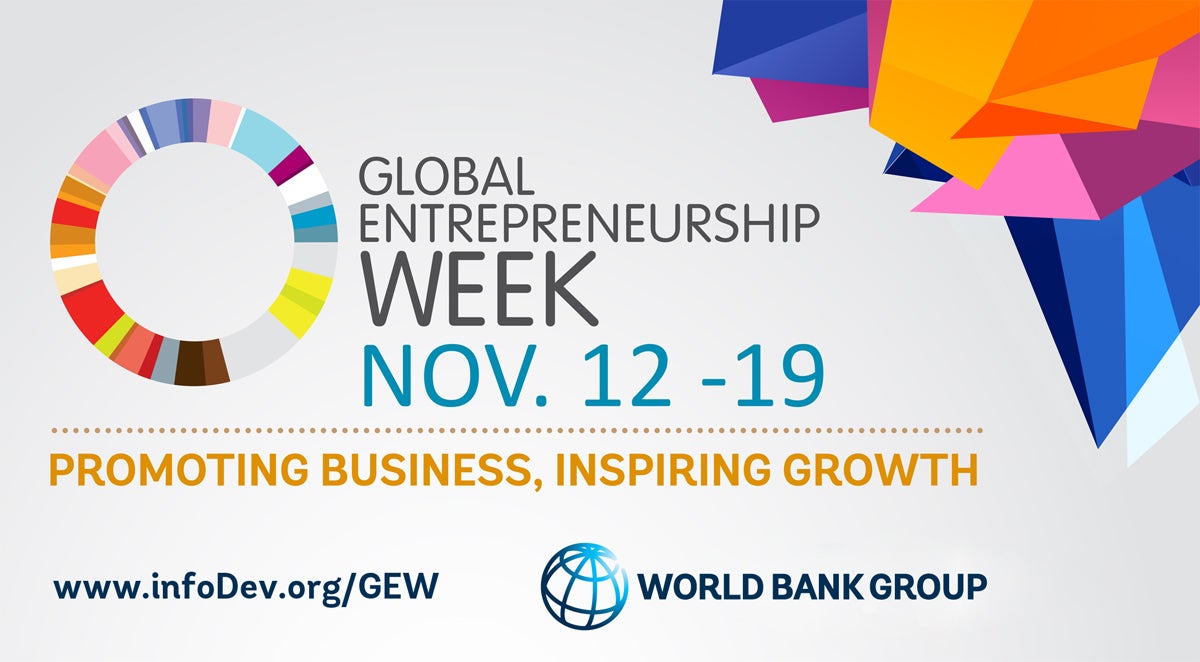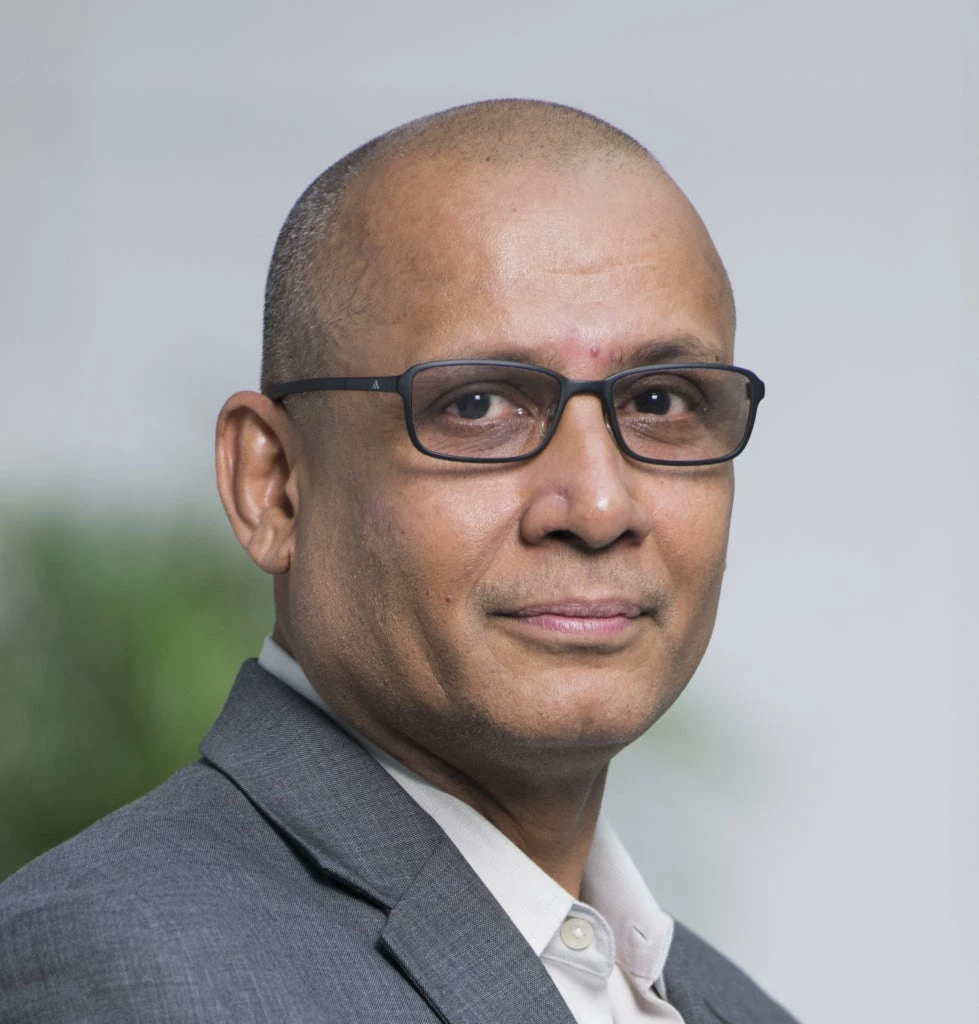
Around the world, entrepreneurs are often hailed as “drivers of innovation” or “agents of change.” But what does this really mean for the poor or vulnerable — those who are far removed from bustling tech hubs? In developing countries, innovative entrepreneurs are creating jobs and boosting economic development, while extending essential products and services to those who need them most.
In Kenya, for example, Peter Chege, an entrepreneur from Nairobi, is helping local farmers adapt to climate change. According to some models, cereal yields are expected to decrease by 10 percent to 20 percent by 2050 due to droughts and rising temperatures. Peter is developing and installing hydroponics systems for farmers in Kenya, Uganda and Rwanda that will allow them to grow produce without soil, significantly increasing their crop yields while reducing water usage.
In Jamaica, farmers lose a significant portion of their produce to spoilage because they lack direct access to the markets. Instead, they must haggle about prices with middlemen, resulting in increased costs and delays. To address this inefficiency, Jamaican entrepreneurs Jermaine Henry and Janice McLeod developed AgroCentral, a mobile app that matches farmers with buyers in the hotel and restaurant trade. The result? Greater revenue for farmers, lower prices for buyers, and reduced waste.
Jermaine Henry and Janice McLeod, AgroCentral
Growth-oriented entrepreneurs like Peter, Jermaine and Janice are the backbone of local economies. They create new jobs in high-value sectors, like climate technology, agribusiness, and digital innovation, while also extending access to products and services — such as mobile banking and medicine — to poor or remote communities. They also advance the fight against climate change by providing clean water, delivering affordable off-grid power, and improving climate-smart agricultural techniques.
Of course, entrepreneurship is not a smooth path — particularly in developing countries, where funding and mentorship are scarce. Entrepreneurs require assistance at the individual level — with technical training, market research and financing — but also at the ecosystem level, with proven policies and institutions to support the growth of innovative small and medium enterprises.
That is why, this November, the World Bank Group will join 160 countries in celebrating Global Entrepreneurship Week, an annual platform for people worldwide to take part in events and competitions related to the transformative potential of entrepreneurship.
Since its establishment in 2008, Global Entrepreneurship Week has grown with the support of leaders like President Barack Obama and entrepreneurs like Richard Branson, founder of Virgin Group. This year, the World Bank Group’s Trade and Competitiveness Global Practice (T&C) will host four events as part of Global Entrepreneurship Week from November 12 to 19 in Washington, D.C.
We will examine the unique challenges faced by innovators in developing countries, where entrepreneurship is rarely celebrated as it is in the United States. We will take a closer look at policies to support high-growth entrepreneurs, as well as T&C's pioneering efforts.
This November, I hope you will join us — and 160 countries around the world — in better understanding how we can do our part to support entrepreneurs from the spark of an idea to a world-changing startup.



Join the Conversation